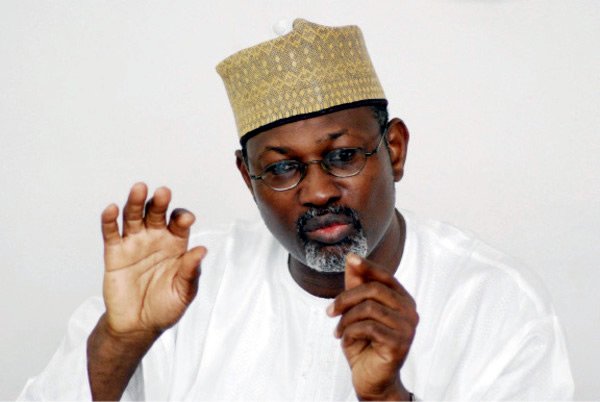As the federal government battles to tackle the hardship in the country, former Chairman of the Independent National Electoral Commission (INEC) and now Special Assistant to the President on Livestock Reforms, Professor Attahiru Jega, has raised the alarm of an impending worsening food insecurity in Nigeria.
The former Vice Chancellor of Bayero University Kano gave the warning while delivering a lecture at the University of Ilorin on Monday, June 30, 2025.
Speaking on the topic, “The Political Economy of Livestock Development in Nigeria: Challenges and Prospects,” Jega emphasised the need for strategic investments and proactive planning, warning that Nigeria’s growing population, which is projected to hit 400 million by 2050, could face severe nutritional and economic challenges.
The lecture, which was organized by the university in honour of Senator Saliu Mustapha, who was celebrating his 50th anniversary, highlighted the critical role of livestock farming in national development.
According to him, “Demographic shifts and evolving dietary preferences are set to place unprecedented pressure on Nigeria’s livestock systems in the coming decades.
“Projections indicate that by 2050, Nigeria’s population will reach nearly 400 million, positioning it as the third most populous nation globally.
“This demographic surge will necessitate a 253 per cent increase in poultry meat, a 117 per cent rise in beef, and a staggering 577 per cent expansion in milk production to satisfy domestic consumption requirements.
“These figures are not hypothetical abstractions; they are alarm bells.
“Without deliberate, anticipatory planning and long-term investments in livestock systems, Nigeria risks facing acute protein deficits, heightened food insecurity, and intensified pressure on already fragile rural livelihoods.”
Jega added, “Meeting this projected demand cannot be accomplished through the inertia of business-as-usual practices.
“Instead, it calls for a bold reimagining of the sector’s architecture—anchored in sustainable intensification, climate-smart production, and inclusive value chain development.
“The alternative is an avoidable crisis in which growing populations, shrinking arable land, and deteriorating ecosystems combine to worsen both rural poverty and national food dependence.
“The imperative of this lecture transcends academic inquiry; it is anchored in the pressing developmental realities confronting Nigeria’s socio-economic fabric.
“The livestock sector occupies a uniquely strategic position within the broader agricultural economy of our nation.
“Contributing an estimated 7 to 9 per cent of agricultural GDP and providing direct and indirect livelihoods to over 20 million Nigerians, this sector is not merely a subset of agriculture—it is a fulcrum upon which rural livelihoods, nutritional security, and inter-regional trade dynamics pivot.
“Yet, despite its undeniable importance and vast latent potential, Nigeria’s livestock sector remains ensnared in a web of deep-seated structural inefficiencies.
“Compounding these challenges is the persistent scourge of violent farmer-herder conflicts, primarily driven by competition over increasingly scarce natural resources, exacerbated by climate change and poor land governance mechanisms.
“This violence, in turn, feeds into broader issues of national insecurity, displacement, and diminished social cohesion, making reform not only an economic necessity but a peace-building imperative.
“Moreover, for far too long, the sector has suffered from chronic underinvestment, both in terms of public sector budgetary allocations and private capital infusion.
“This investment gap is evident in the glaring deficits in key infrastructure, ranging from ranches and grazing reserves to cold chains, animal feed mills, veterinary research institutes, laboratories, and livestock market systems.
“Modernising and commercialising the livestock sector is not a luxury—it is a national imperative. It holds the power to nourish our population, stabilise fragile regions, unlock hidden economic value, and restore the dignity of rural livelihoods.”
In his remarks, Senator Mustapha (APC, Kwara Central), who is also the Chairman, Senate Committee on Agriculture Production Services and Rural Development, lauded Professor Jega for positively impacting livestock development in the country.

